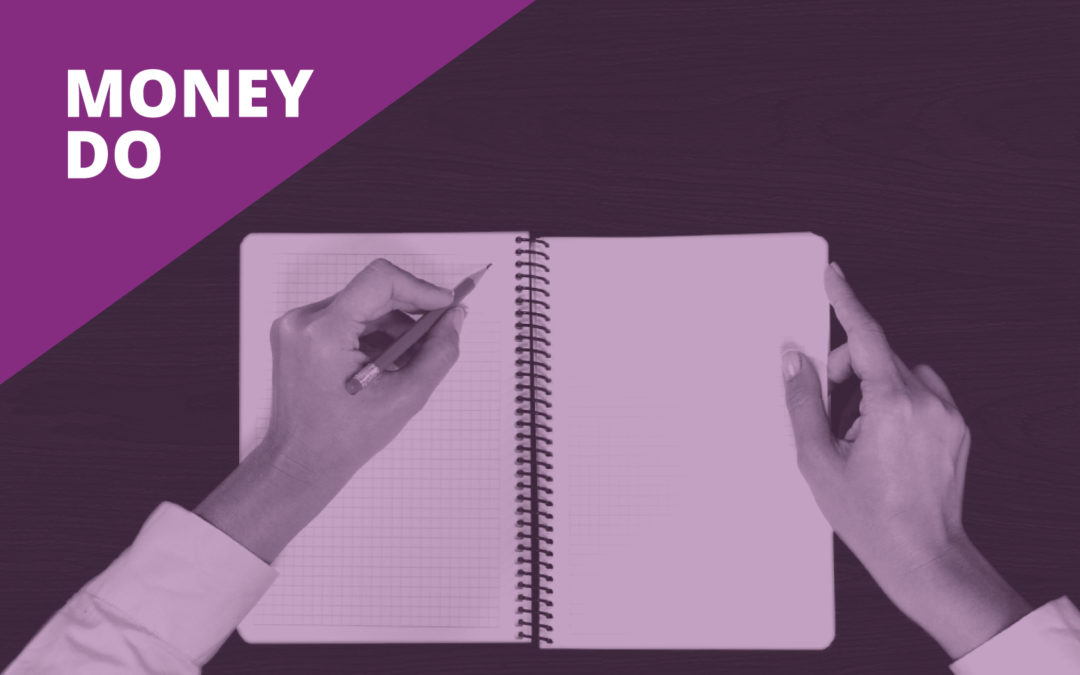
MoneyDo: Review Your Retirement Plan Contributions & Investments
Most of us have never been involved in a health crisis so severe that it created a massive economic disruption. But many of us have experienced a devastating economic disruption. Whether it is the tech bubble, 9/11, the housing crisis, the Great Recession or COVID-19, recent history tells us we can expect a big economic hurdle about once every 10 years.
These events certainly have a big impact on your retirement plan. What steps should you be taking to minimize the damage? In this week’s MoneyDo, we suggest you review your retirement plan contributions and investments.
- Contributions – Review what you’re contributing in light of your age and retirement goals.
- Remember, it’s important to continue to contribute to your plan. Rough waters shouldn’t deter you from your plan.
- If you started contributing at the beginning of your career, then 10-12% of your gross pay is usually a good benchmark. Expect to contribute more if you got a late start.
- Investments – Most of us receive very little guidance on how to structure our retirement plan. Often, you’ll get a list of funds with performance over specific time spans, and it’s up to you to pick what’s best.
- You may be drawn to the fund with the highest returns, but consider funds spread out over several different asset classes. If done appropriately, you should have selected several funds in the following asset classes:
- S. Large Capital (Large Cap) Growth
- S. Large Cap Value
- S. Middle Capital (Mid Cap)
- S. Small Capital (Small Cap)
- International Companies
- High Yield Bonds
- Intermediate Term Bonds
- Short Term Bonds or Stable Value
- Work with your company retirement plan provider or a financial planner to develop an asset allocation plan – a written determination of what percent of assets should be in each class.
- As the market ebbs and flows the percent of assets in each class will change. On a periodic basis, it’s important to move money between the funds to return them to your agreed upon allocation plan. This is called re-balancing.
Consider this MoneyDo essential to your financial AND mental health. Setting and maintaining your contributions and investments give you a better understanding and helps to remove uncertainty with what you own and where you’re headed. In the end, both you and your retirement plan will likely be better positioned to handle major economic disruptions.